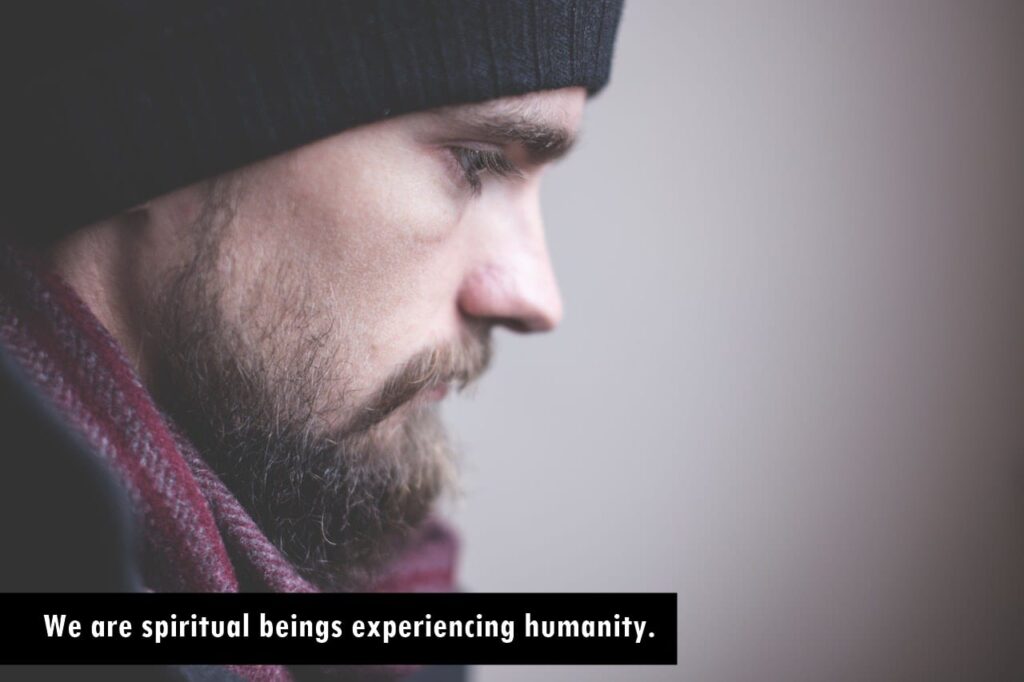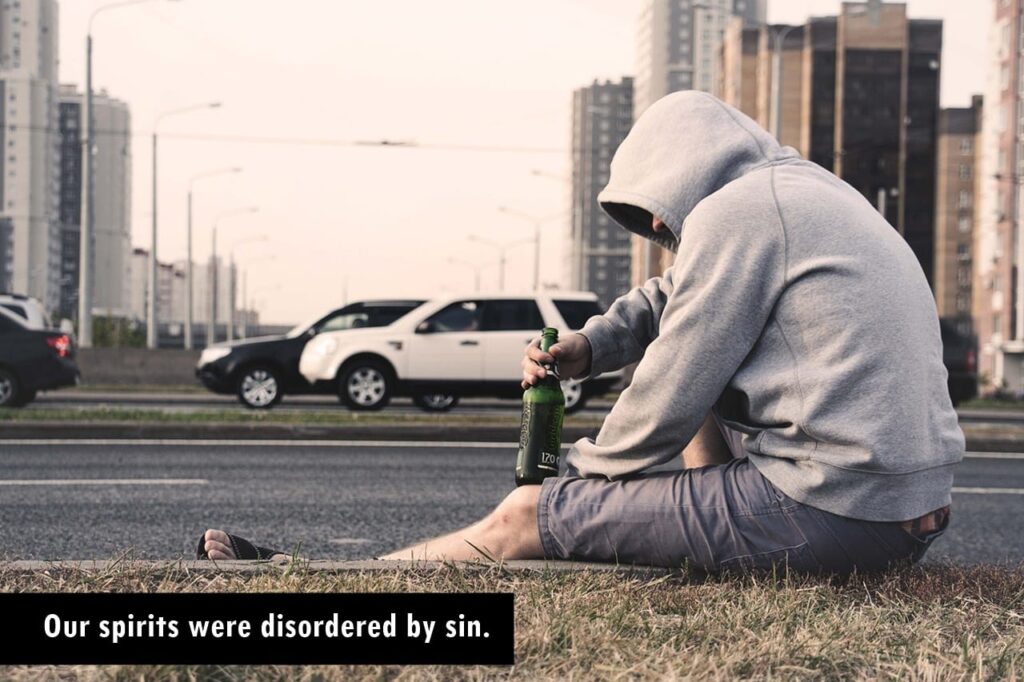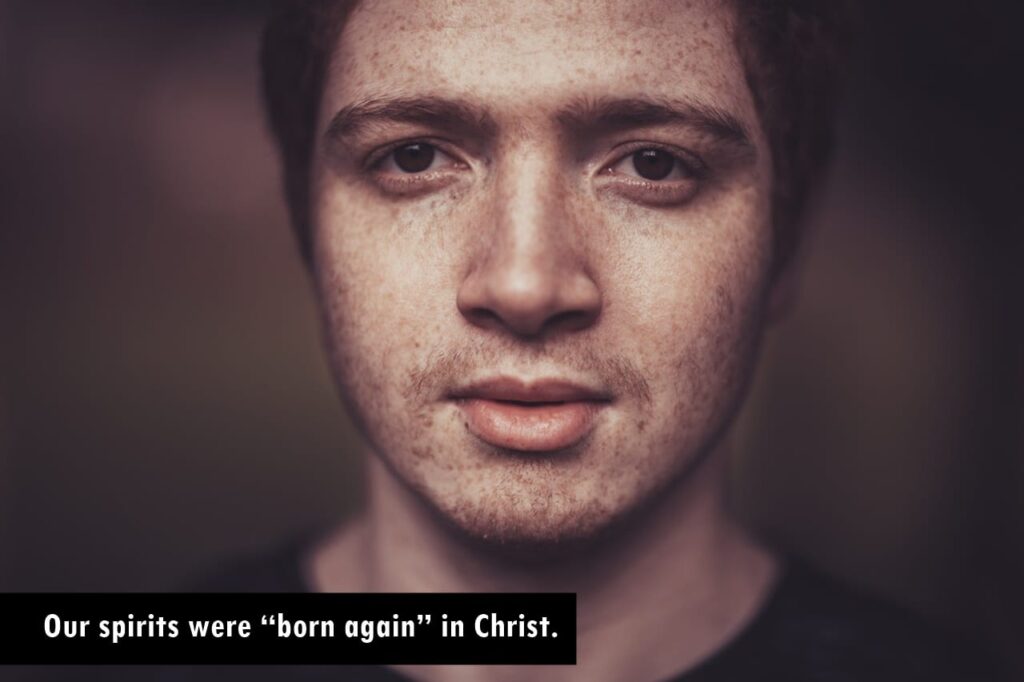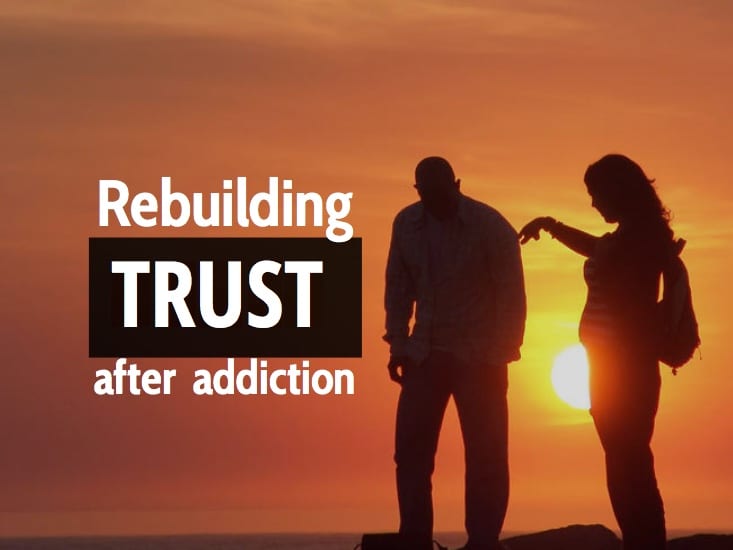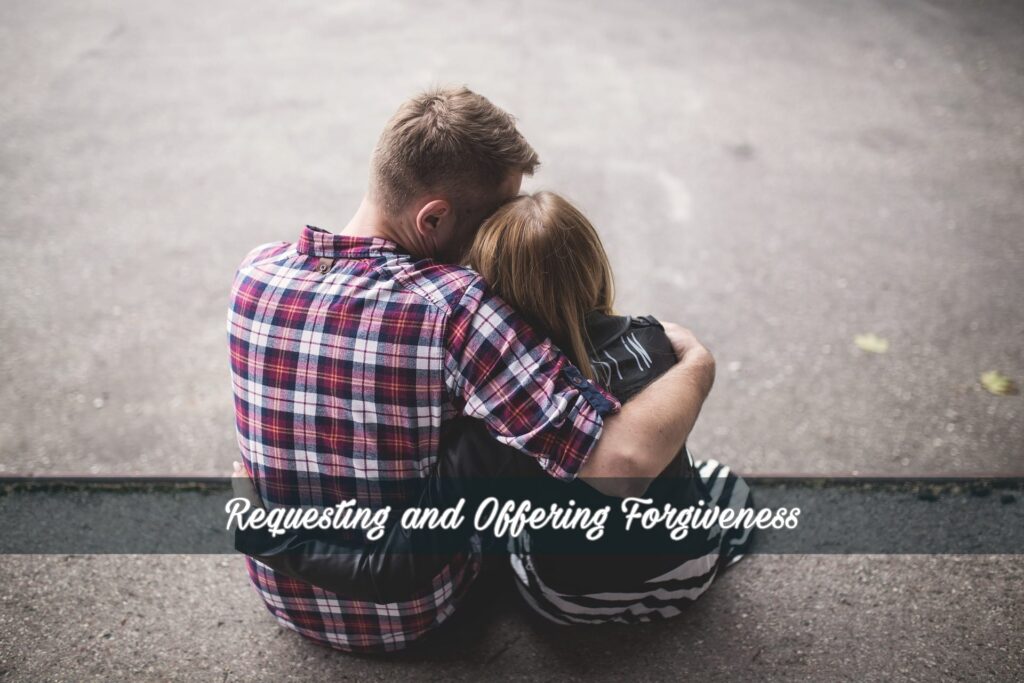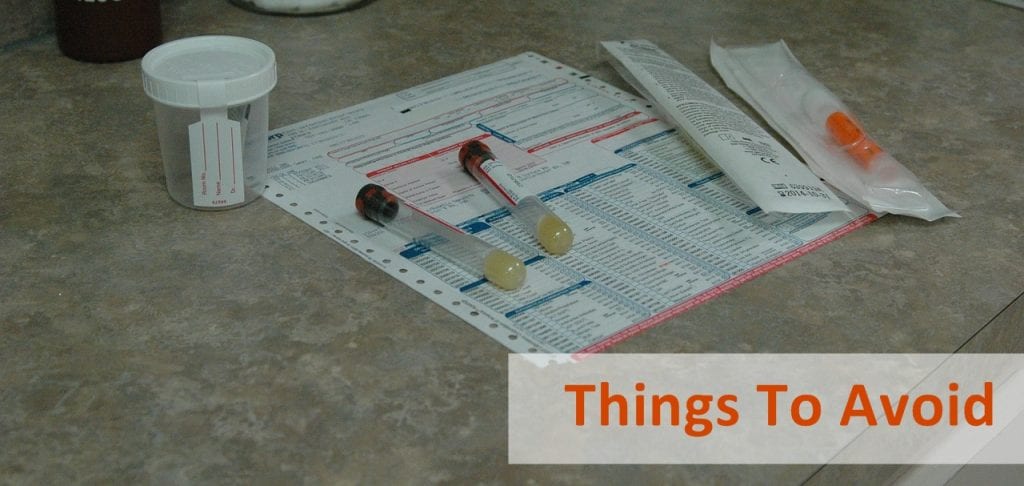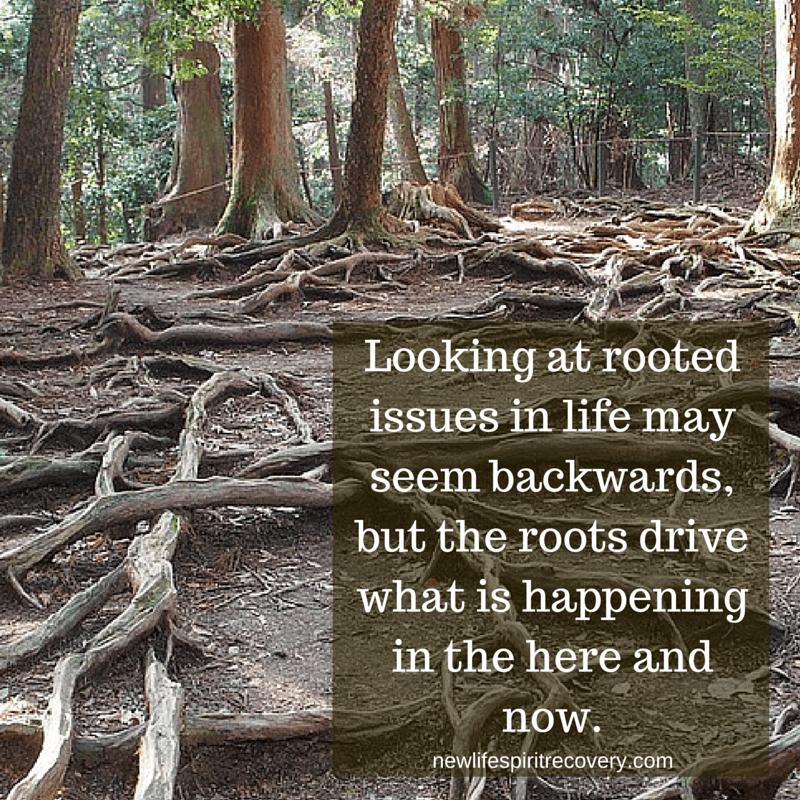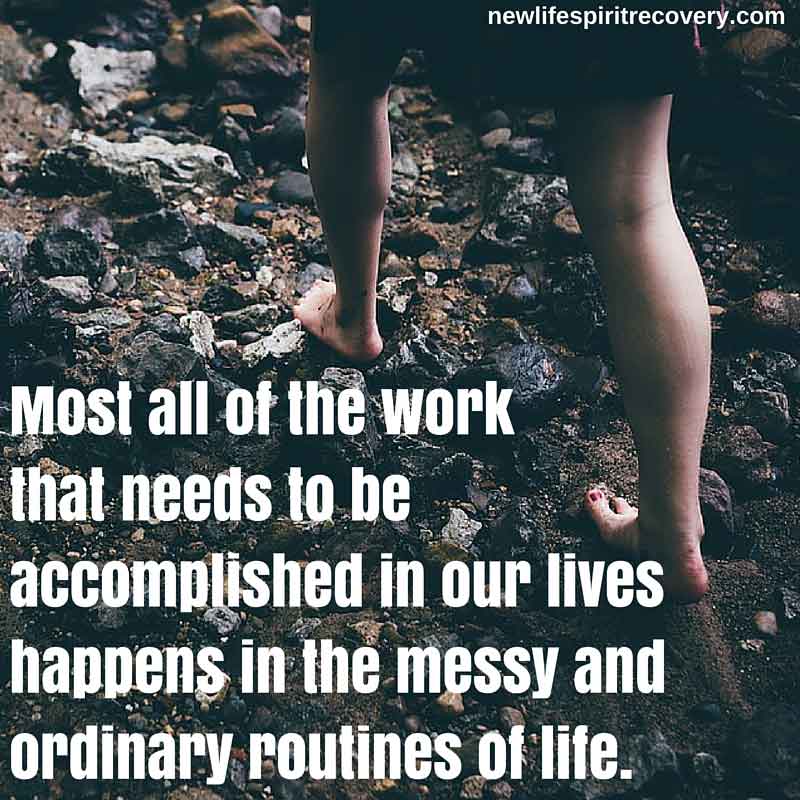“Hi, my name is and I am an alcoholic”…and so goes the introductions as they progress around the A.A. meeting room. Finally, it is your turn to introduce yourself and there is something within you that is resisting having to say those words…”I am an alcoholic.” But in keeping with the expectations of everyone in the room, you open your mouth and proclaim, ”Hi, my name is and I am an alcoholic.”
The origin of this way of introducing one’s self at an A.A. Meeting is uncertain and was not originally practiced, even in the meetings led by Bill W. and Dr. Bob. If you search the A.A. Grapevine archives online, the earliest reference of member identification is: September 1944, Vol. 1 No. 4, entitled “Points of View”. Originally, being mandated to identify ourselves as an “Alcoholic” was never intended.
This article would like to propose that, by introducing ourselves as “Alcoholics”, we actually are proclaiming something in direct contradiction to the very core of our being. This is maybe why so many of us find it difficult within our spirit to utter those self-proclaiming words…”I am an alcoholic”. So let’s systematically unpack what we’re really saying when we say, “I am an Alcoholic”, and consider a better approach that is true, honest and still addresses the reality of our disorder.
-
We are spiritual beings experiencing humanity.
We are NOT human beings trying to experience spirituality. All human beings were created and contain the image of our Creator, God. God’s image is not human, it is spirit and eternal…and so are we. Our human bodies and minds simply animate our true spiritual self.
-
Our spirits were disordered by sin.
As a result of the original rebellious choices made by man in the Garden of Eden, as explained in the book of Genesis and throughout the Bible, man’s perfect spirit was disordered and corrupted forever for all generations. As a result, man’s broken nature now finds it easier to do wrong than to do right. This disordered spirit has kept us in a constant state of rebellion towards God…but even in this state of being, God’s love never waned for us and He still loves us as His precious creation.
-
Our spirits were “born again” in Christ.
God’s love compelled Him to rescue us from our broken, disordered spirits and separation from Him by sending his perfect Son, Jesus Christ, to suffer the penalty of that separation for us. Through our belief that Jesus is the Christ, the Son of the Living God, who physically died and rose from the grave, we become what the Bible calls, “born again”. In other words, God takes our disordered and broken eternal identity and makes it new and perfect and fundamentally gives us a new identity in Christ. When God now sees us, He sees His perfect child again!
So what does this all have to do with proclaiming, “I am an alcoholic”? Everything…BECAUSE IT ISN’T TRUE! Why?
- Because as a “born again” Child of God, through Jesus Christ, God already sees you NOW as you will be in Heaven…PERFECT!
- God’s love is not based upon what you have done, what you are doing, or what you are going to do! His love for you is solely based upon WHO YOU ARE…his precious child…PERIOD!
- Therefore, WHO I AM…is fundamentally renewed…and God does not attach my behavior to my identity in any way!
So…if I contain the image of God, if God sees me perfect in Christ, if my sins have been forgiven and put as far as the east is to the west, if there is no condemnation for those in Christ Jesus, and if I have been truly “born again” in my spirit…then what I proclaim about myself must reflect what is also true about God’s nature! Therefore, when I use God’s name, “I AM” in a sentence to identify myself…what follows after those two words about myself must also be true about God.
For example, when you say, “I am an alcoholic”, we need to ask ourselves as God’s Child, is that true of God? The answer, of course, is “No!”…God is not an alcoholic…so neither am I as His Child who contains His perfect image.
So what should I say? State what is true…”I am a Child of God who struggles with alcohol.” In this statement, you are separating WHO YOU ARE from WHAT YOU DO…just as God does. Your identity is now in how God sees you…not in your behavior. Below are statements of identity restated in a way that is true about God and true about you.
“I am a liar.” – Is this true of God (“I AM”) ? NO! Then it’s not true of you!
What is true? – “I am a Child of God who struggles with lying.”
“I am an adulterer” – Is this true of God (“I AM”) ? NO! Then it’s not true of you!
What is true? – “I am a Child of God who committed adultery.”
“I am a thief” – Is this true of God (“I AM”) ? NO! Then it’s not true of you!
What is true? – “I am a Child of God who struggles with stealing.”
“I am a drug addict” – Is this true of God (“I AM”) ? NO! Then it’s not true of you!
What is true? – “I am a Child of God who struggles with drugs.”
The point is this…any time you are expected or are tempted to identify yourself by your behavior, you are most likely proclaiming something that is not true in the eyes of God and is reinforcing in your heart something about yourself that is less than you really are! Be VERY CAREFUL how you speak about yourself as a Christian. You may find yourself proclaiming something that is neither true of your Heavenly Father, or you!
So maybe at your next A.A., N.A., S.A. Meeting, when introductions are being made, you can stand up and proclaim what is true…”Hi, my name is and I am a Child of God who struggles with .”
At New Life Spirit Recovery, we work hard in helping our clients live in this true identity as they encounter the transformative healing of God’s Holy Spirit and walk in freedom in their newly found identity in Christ. Contact us today.



